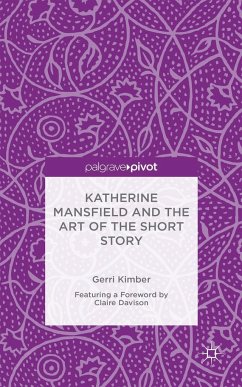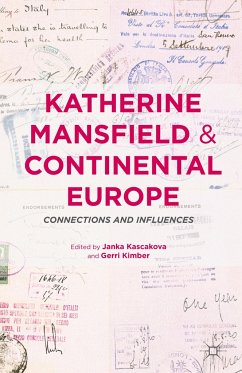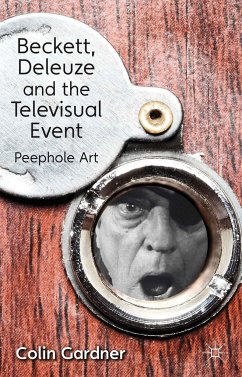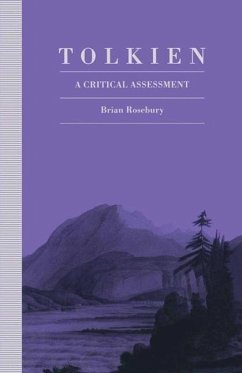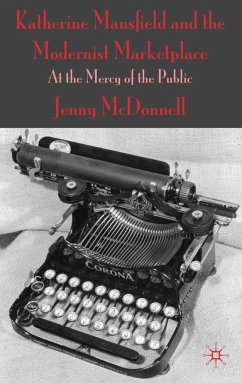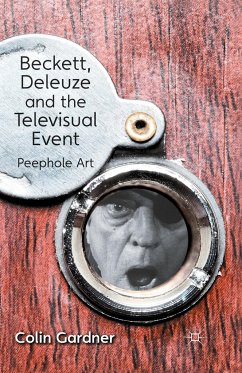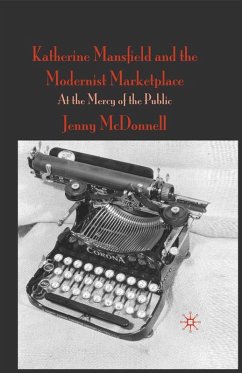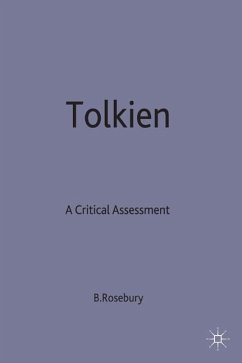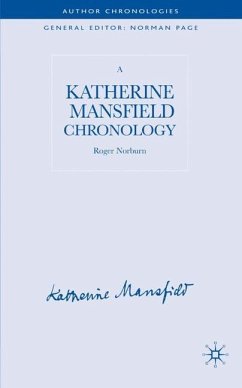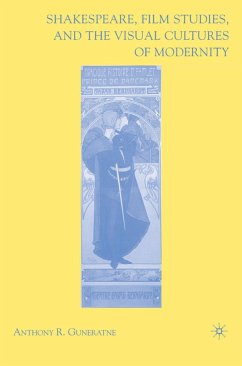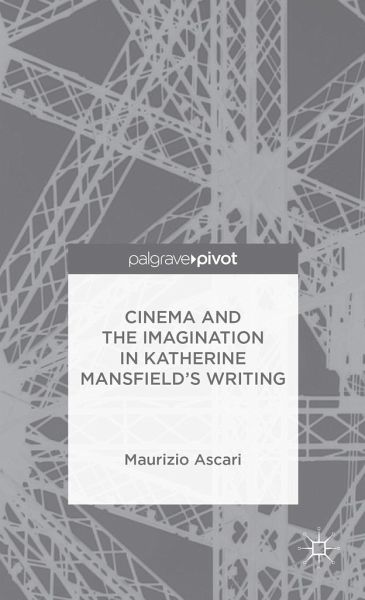
Cinema and the Imagination in Katherine Mansfield's Writing

PAYBACK Punkte
19 °P sammeln!
Using silent cinema as a critical lens enables us to reassess Katherine Mansfield's entire literary career. Starting from the awareness that innovation in literature is often the outcome of hybridisation, this book discusses not only a single case study, but also the intermedia exchanges in which literary modernism at large is rooted.





